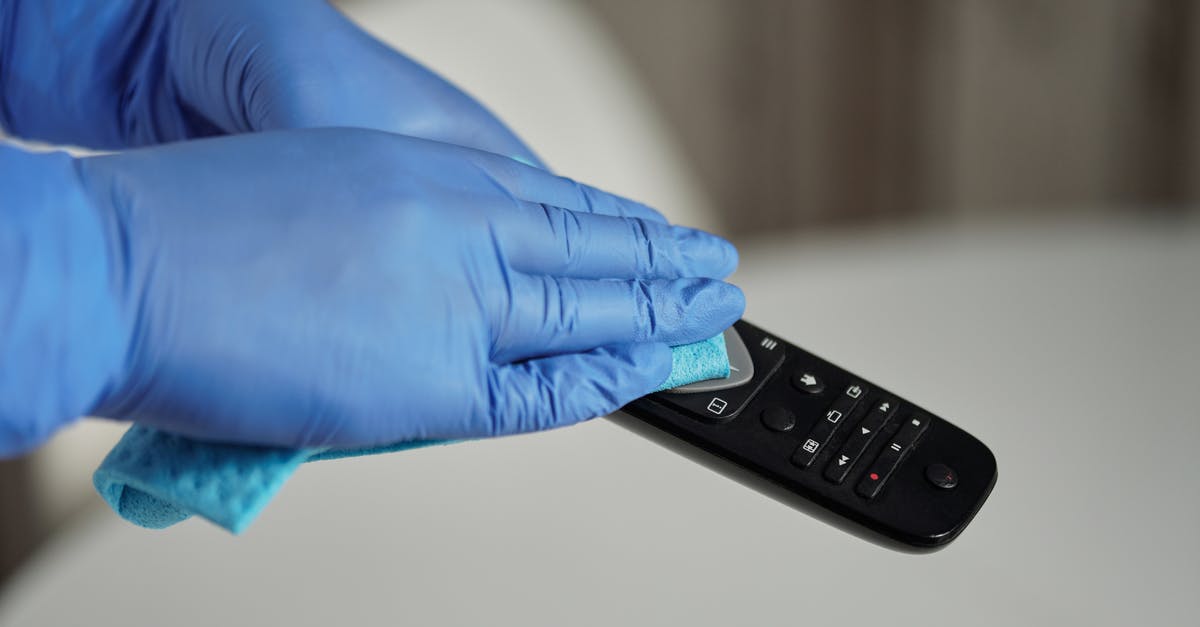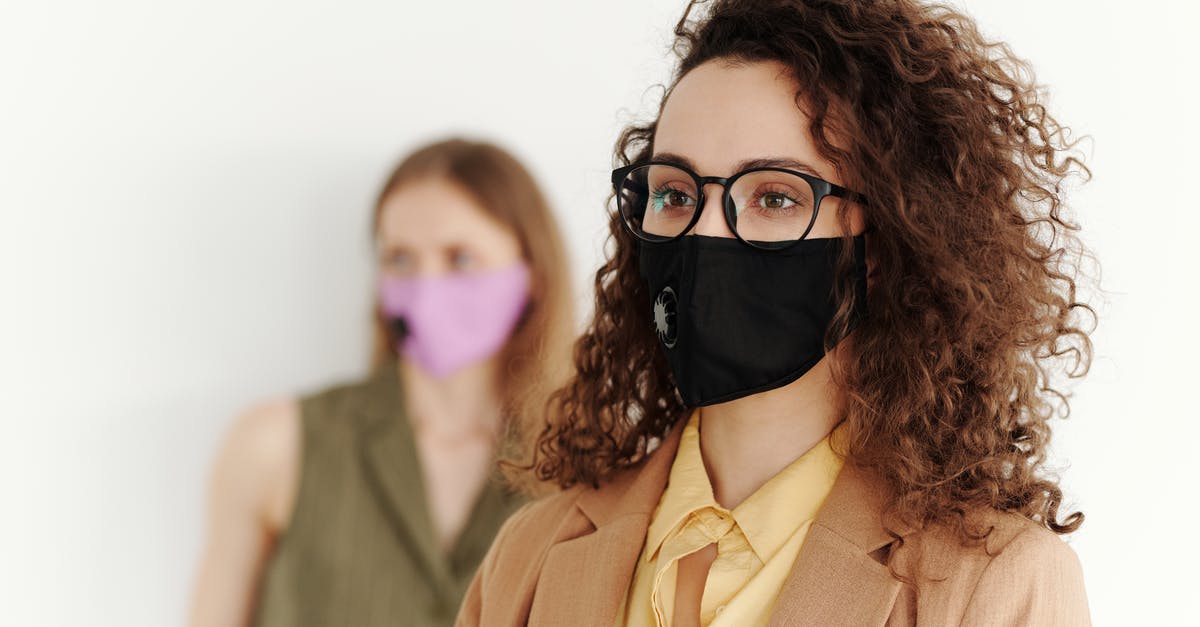Avoiding foodborne botulism

It's difficult to find information on the internet about botulism prevention that doesn't talk specifically about canning or jarring your own foods or using pressure cookers.
I'm wondering if it's possible to inactivate the botulin toxin itself and possibly kill the botulism spores that may be present in the food using simple methods such as boiling the food in a saucepan with some extra water.
My specific case is as follows: I opened a glass jar of white beans in tomato sauce 5 days ago, and left half of it in the fridge until today. As far as I know this is the sort of environment the botulinum bacteria would thrive in, however I hate wasting food and wanted to avoid doing so on a mere suspicion.
I placed the beans in a saucepan, added some boiling water and let them boil almost continuously for roughly 15 minutes. I placed a lid on the pan during the last 3-4 minutes of boiling, as I realized that might increase the internal temperature.
The only information I could find on the internet on how to avoid foodborne botulism risk involves high-temperature pasteurization processes or pressure cookers, both of which I have no access to.
Here's a snippet that I found:
Normal thorough cooking (pasteurisation: 70°C 2min or equivalent) will kill Cl.botulinum bacteria but not its spores. To kill the spores of Cl.botulinum a sterilisation process equivalent to 121°C for 3 min is required. The botulinum toxin itself is inactivated (denatured) rapidly at temperatures greater than 80°C .
From https://www.fsai.ie/faq/botulism.html
Did I meet those requirements and inactivate the toxin (and possibly killed the spores, too) by boiling the beans as I did? If not, what should I have done differently?
Answers that don't require the use of advanced equipment or techniques would be very helpful.
Best Answer
Food-borne botulism is a risk mainly in homemade products which were not adequately sterilized before extended storage. The reason is that there must be live botulism spores in the product in the first place, which is not the case with store-bought products as long as these are undamaged and were prepared in accordance with hygiene regulations. For example, garlic oil should only be used in store-bought form, as garlic is a known carrier of botulism which thrives under anaerobic conditions. Of course, with the right procedure, garlic oil can also be made by oneself, but it is imperative to adhere to the right methods such as the pressure canner method described in the Modernist Cuisine Vol. 2.
Pictures about "Avoiding foodborne botulism"



Quick Answer about "Avoiding foodborne botulism"
The following are suggestions for preventing foodborne botulism at home: If consuming home-canned foods of low acidity, heat to at least 176°F (80°C) for 30 minutes. Canned corn, spinach, and meats should be heated for 20 minutes. Oils infused with garlic or herbs should be properly refrigerated during storage.How can foodborne botulism be prevented?
You can help prevent botulism by following safe food handling practices, such as:What are five ways to prevent botulism?
Everyone can reduce their chances of getting botulism by: Refrigerating homemade oils infused with garlic or herbs and throwing away any unused oils after 4 days....Some examples of foods that have been contaminated are:What are three ways to prevent botulism?
Can botulism be prevented?- Refrigerate foods within 2 hours after cooking. Proper refrigeration prevents the bacteria from producing spores.
- Cook food thoroughly.
- Avoid food containers that appear damaged or bulging. (These can be signs of gas produced by the bacteria.)
What are the 3 most common causes of botulism?
Botulism is a rare but serious condition caused by toxins from bacteria called Clostridium botulinum....Three common forms of botulism are:- Foodborne botulism. ...
- Wound botulism. ...
- Infant botulism.
Infectious Diseases A-Z: Foodborne botulism basics
More answers regarding avoiding foodborne botulism
Answer 2
As was pointed out by @RollingCompass, the risk from Botulinum food poisoning is mainly in foods that have not been prepared properly, or improperly stored. It is also quite rare - there were only 19 confirmed cases of food-borne botulinum poisoning in the USA in 2017, which had about 325 million people in that year.
Clostridium botulinum, the bacterial species that produces botulinum toxin, are obligate anaerobes, which means that they will only grow in conditions where there is no oxygen. This is the risk with canning procedures because the canning procedures can lead to exhaustion of any oxygen in the food stuff, but the bacteria can still grow and produce the toxin. Once opened the food is again exposed to oxygen and this will generally prevent growth of Clostridium species. It doesn't get rid of spores or toxins, but I will go into that below.
Assuming that your jar of beans was properly prepared, the spores from the bacteria were inactivated by the high temperatures and pressures during the canning process. In this case, you should be safe. - you would be more at risk of growing other pathogens from storing open food for so long. The Mayo Clinic recommends that if you have home-canned foods, then you should boil for 10 min prior to serving (see section on prevention).
The quote you provided in your question is correct. However, there are two components to the inactivation of botulinum:
- Inactivation of the toxin - this can be done by heating, as you did, so I won't go into it further.
- Inactivation of bacteria and their spores.
Spores are incredibly tough, designed to survive a bunch of conditions, including radiation, desiccation and heat. They will survive any boiling process you can put them through in a standard kitchen, except for a pressure-cooker or canner. These raise the pressure of the atmosphere around the liquid and as a result increase the temperature at which the liquid boils. This can result in temperatures above the 121 degrees Celsius that was mentioned.
Placing the lid on an ordinary pot will not increase the pressure inside the pot enough to raise the boiling point of water into the spore inactivation range, so while it might inactivate the toxin and kill the vegetative bacteria, it will not inactivate the spores. However, if you have followed the trendy thing and gotten yourself an Instant Pot or similar device - these fall under the category of a pressure cooker and can be used to sterilize foods.
Answer 3
Temperature of water boiling - 100°C. You boiled it for 15 minutes. So yes, you exceed the time and temperature needed for pasteurisation and denaturation of toxin.
Cindy comment was referring to the fact that botulin need temperature of around 37°C to thrive so a working refrigerator would stop bacteria from producing toxins.
IF and this is very important IF
your white beans in tomato sauce would need to have alive spores. Which, if the beans were store bought is very highly doubtful as typically such food goes through whole time consuming process that kill any type of bacteria in food.
Sources: Stack Exchange - This article follows the attribution requirements of Stack Exchange and is licensed under CC BY-SA 3.0.
Images: Ketut Subiyanto, Matilda Wormwood, Edmond Dantès, Yan Krukov
